Recently elected to his fourth term as state senator, Republican Tony Hwang has a full legislative plate.
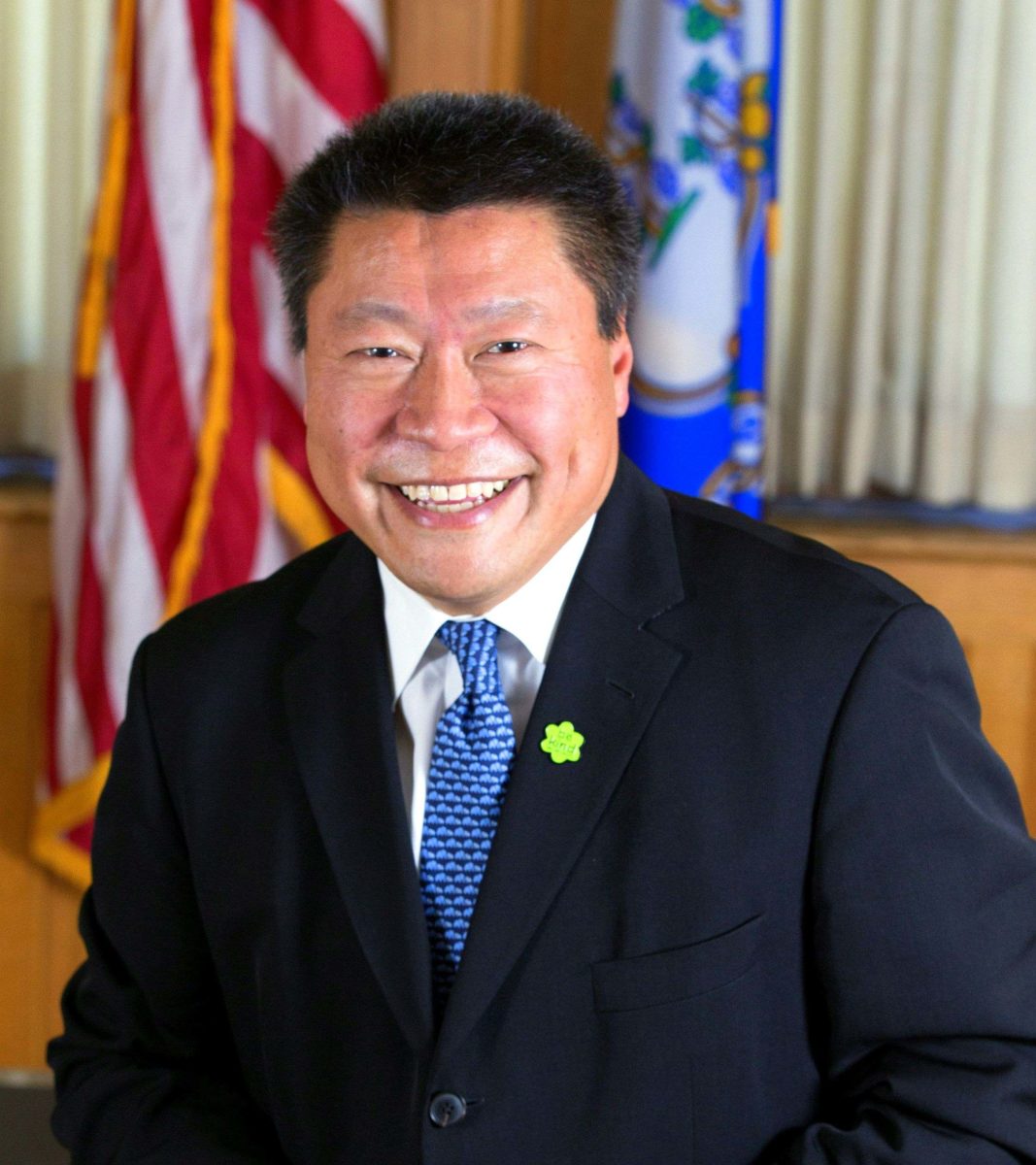 In addition to being the Deputy Senate Republican Leader, a member of a number of committees and Gov. Ned Lamont”™s Workforce Council, Hwang was recently appointed Senate Ranking Leader of the Insurance and Real Estate, Public Health, and Planning and Development Committees.
In addition to being the Deputy Senate Republican Leader, a member of a number of committees and Gov. Ned Lamont”™s Workforce Council, Hwang was recently appointed Senate Ranking Leader of the Insurance and Real Estate, Public Health, and Planning and Development Committees.
He took some time out for a conversation with Business Journal Bureau Chief Kevin Zimmerman about the challenges the 28th District, which includes Easton, Fairfield, Newtown, Weston and Westport, and the state face ”” not just during the current Covid-19 crisis but also in the post-pandemic era.
How is the pandemic going to shape the General Assembly”™s work in 2021?
“Covid has changed so many things on such a deep level. And it”™s not just an issue of public health, which is paramount ”” it”™s also an economic issue. We really have not yet grasped what it means in a political and legislative way.
“We”™ve had literally nine months operating under an executive order government. (Lamont declared an emergency on March 10, which he extended in September. A committee of 10 legislative leaders voted along party lines to allow the declaration to continue; that extension expires on Feb. 9.) The legislature has only been in a couple of times (during the pandemic) for special sessions.
“(The extension) has to be re-explored. There have been 80-plus executive orders. We have equal branches of government, which have to be involved in policy making. We have to be more collaborative, more engaged in the decision making. Otherwise it can be confusing and seem arbitrary, in my opinion, in some cases.
“Elections have consequences, and we”™re already at a point where we have a one-party rule in the House and the Senate.”
Following the November elections, Democrats have a 24-12 majority in the Senate and a 97-54 plurality in the House ”” as well as the governorship. Where does that leave your party?
“I”™m on three very important committees ”” Public Health, Insurance and Real Estate, and Municipal Planning and Development. I see my role as not being simply ”˜No.”™ I”™ll be offering a voice and perspective for my people that can be implemented as policies and provide better solutions. We are a minority, but we have a representative voice.
“We need to make the case that we can provide a thoughtful legislative process with input from all shareholders.”
You”™ve also expressed some dissatisfaction with the state”™s approach to distributing Covid vaccines.
“It”™s important for us to give confidence to the public by reassuring them that the vetting of the vaccines has been solid and safe. But the first phase of giving them to health care professionals, hospitals, first-responders and the like, and the second phase of giving them to the most vulnerable people in nursing homes and assisted living facilities ”” that”™s the easy part. Who decides what people are going to get it in after those well-deserved populations?
“You”™re potentially looking at a division between the haves and the have-nots. I think teachers and school personnel should be at the front of the list so that we can reopen schools. But even beyond that, then what? I don”™t think the governor has laid out a logistical plan.”
How would you develop such a plan?
“I would defer to an advisory group of experts in the governor”™s office to give me some suggestions. And there has to be a better connection between the governor, the Department of Public Health and our local district health directors. This is the largest vaccination program in the history of this country ”” the logistics can be just overwhelming. But we need the process to be as seamless as possible.”
On another front, what impact do you see Covid making on the insurance industry?
“We have to explore the area of health insurance in the context of Covid. Looking at the public option as a panacea that can solve all the challenges of a very complex health care ecosystem ”” there are a lot of doubts about that. I”™m working with Sen. (Kevin) Kelly (R-Stratford, the Republican Leader-elect) to address that. Again, simply saying ”˜no”™ isn”™t enough for people. We”™ve got to come up with better solutions.”
You”™re also a ranking member of the Higher Education and Employment Advancement Committee You”™ve also been critical of the governor”™s decision to leave it up to individual municipalities to determine whether K-12 education should be done in-person, remotely or in a hybrid fashion.
“The governor needs to take a stronger lead in these policies. There”™s a disparity among students when it comes to virtual learning, in particular with urban and technology-challenged households. It”™s important to be able to get back to school.
“Instead superintendents are stuck in the middle of an incredible tug-of-war between parents wanting their kids to be able to go to school in a safe way, and teachers who may be in quarantine or deciding to retire, to the point where the governor had to change certain requirements to bring in suitable replacement teachers.
“Schools are closing not because of runaway infection rates. But there”™s been this roller-coaster ride ”” we”™re going hybrid, we”™re shutting down ”” that ultimately causes the students to suffer. It”™s not just about the ”˜3 Rs”™ ”” students are talking about a loss of a sense of depth and community. It”™s the social dynamic that they miss.”
Meanwhile, when it comes to the economy, Connecticut appears to be in better shape than most.
“We have to adapt to a new landscape, which a lot of small businesses and restaurants have already been forced to do. But the fundamentals of government haven”™t changed. And we can”™t base what we do entirely on federal stimulus money. It”™s a dangerous and false premise to base our own policies on the largesse and funding of the federal government, who can print money. Somebody has got to pay the bill.
“It”™s been a banner year for Wall Street, but it”™s the landlords and the small businesses who pay taxes that drive the economy. Municipal deficits are at a level we have not seen before. It”™s a matter of understanding that property tax reform should be an important part moving forward.”
You”™ve had a fair amount of criticism for Governor Lamont. How do you view him on a personal level?
“Well, he”™s no Dan Malloy, which is a good thing. Ultimately Governor Lamont is a good, friendly, collaborative ”” I can”™t say enough good things about him as a person. He”™s handled himself very ably during this pandemic and has been a comforting, reassuring presence.
“It”™s policy-wise where I see challenges and some potential disagreements. It”™s very easy to lead during a crisis, but the logistics and machinery of governance, making sure things work from the top to the grassroots, that takes a lot of hard work and diligence.
“He prides himself on not having a background in government, but as a business person. But I do believe that his understanding of some issues could be supplemented, which would allow him to work on a deeper level.
“What I like is his attitude of, ”˜If I see a problem, let”™s go to work to fix it together.”™ But does he have a real understanding of the challenges of restaurants up and down Main Street, and how they”™re impacted by tax and spend policies? We all need to create a more viable, sustainable and financially sensible form of government.”








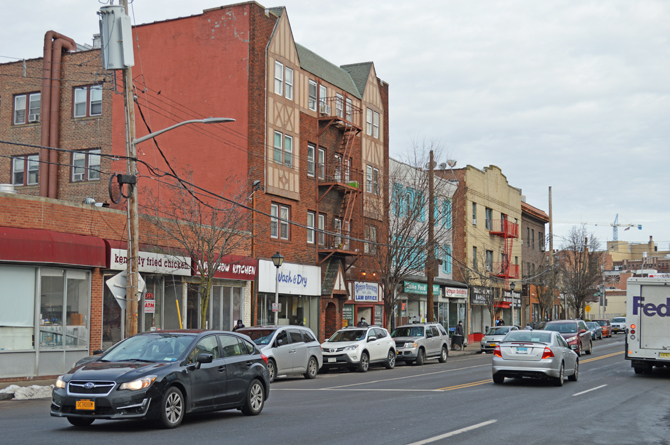
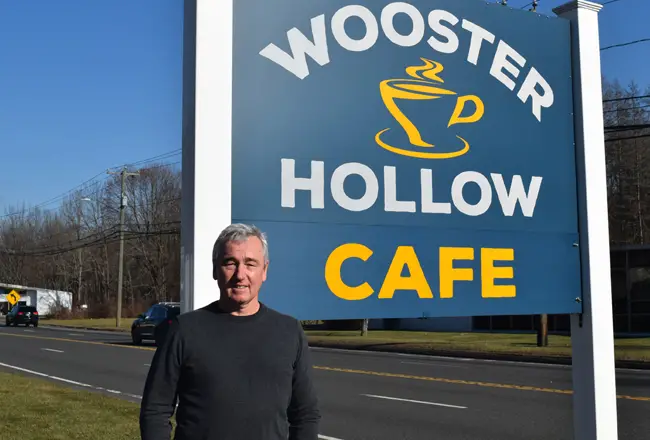
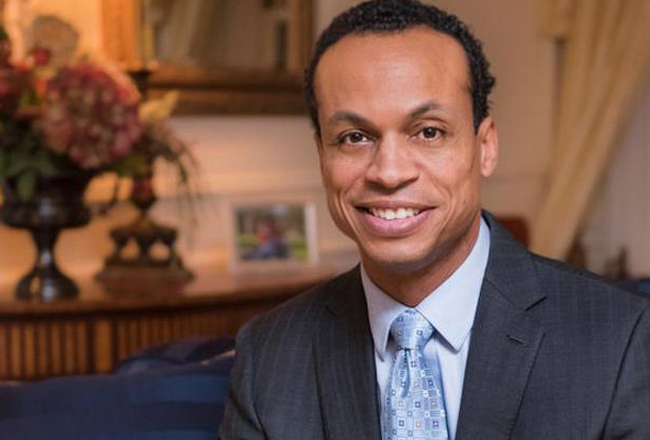
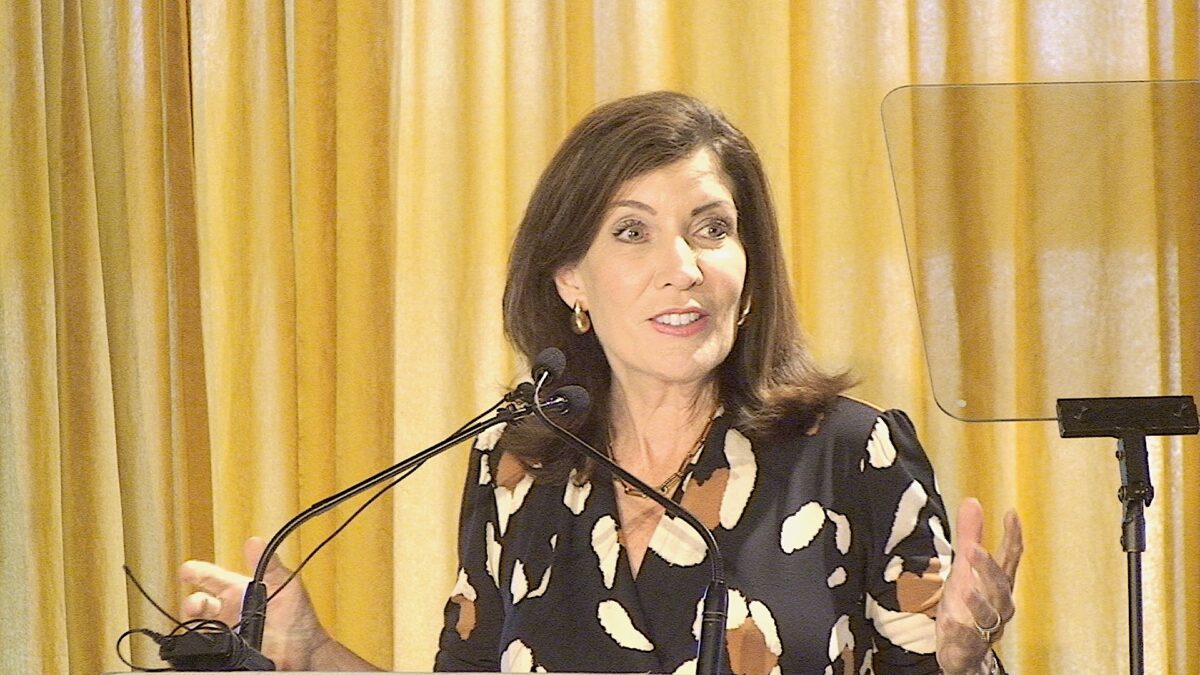










Sen. Hwang continues to block me from his social media pages. Why?
Also, CT has a simple majority rule. We’re a blue state because that’s what the voters want. If you want more republicans to hold office, then put forward more capable & qualified Republican candidates for the voters to chose from. It’s really that easy.